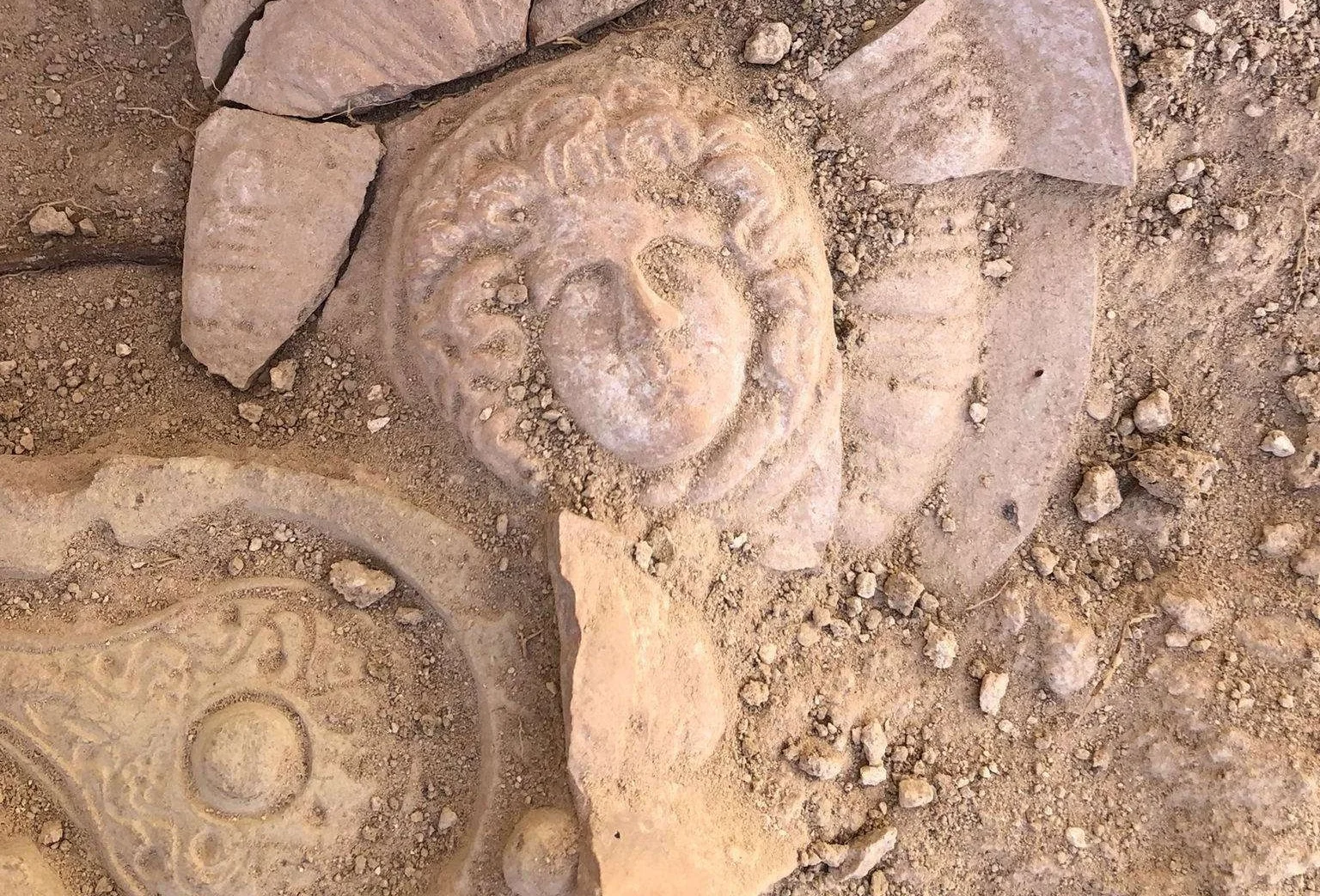Archaeologists excavating at Finziade in southern Italy have unearthed an artisan workshop and a domestic sacellum containing archaeological treasures.
Founded in 282 BC by Phintius of Acragas (often referred to as the tyrant of Acragas) Finziade was established to resettle the inhabitants of Gela, a city Phintius had destroyed and razed to the ground.
Archaeologists under the guidance of the Archaeological Park of the Valley of the Temples and the CNR–ISPC of Catania conducted a study of a unexplored section of the site known as “House 19.”
The structure was found to be well preserved and contained a collection of domestic rooms that provides clues to domestic organisation, economic activities, and even religious practices.
Next to the domestic quarters, the researchers uncovered an industrial zone with ovens, production installations, and an artisan workshop equipped with molds for crafting terracotta oil lamps and religious figurines.
Nearby, a domestic sacellum was also found intact, complete with ritual statuettes and religious offerings – providing a rare insight into the religious activities conducted in private during the Hellenistic-Roman period.
According to the archaeologists: “These discoveries extend beyond their archaeological value. They represent a successful collaboration between researchers, institutions, and the local community, including youth engagement in preserving cultural heritage. The excavation is part of a broader initiative aimed at revitalizing the area through cultural tourism and education, highlighting Licata’s rich and largely untapped historical potential.”
Header Image Credit : Valley of the Temples Archaeological and Landscape Park
Sources : Valley of the Temples Archaeological and Landscape Park





